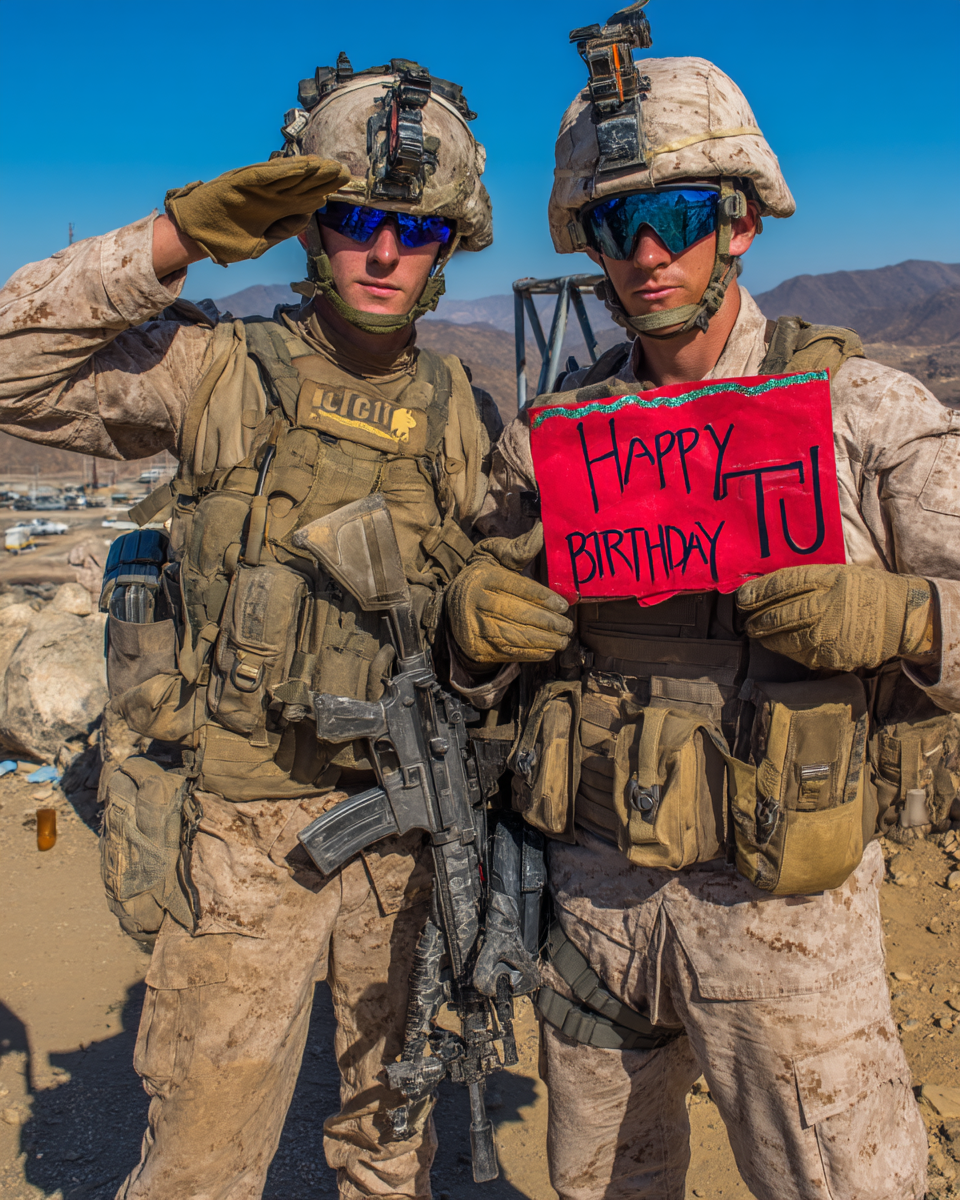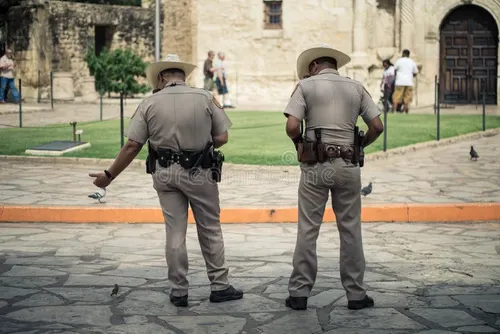Military support for immigration enforcement grows as federal agents prepare for massive deportation operations
Marines Head to the Sunshine State
U.S. Northern Command announced Thursday that approximately 200 Marines will be deployed to Florida to provide support for Immigration and Customs Enforcement operations.
The Marines will handle administrative and logistical duties within ICE facilities, specifically prohibited from direct law enforcement activities or contact with individuals in custody.
The deployment represents the latest expansion of military support for immigration enforcement under the Trump administration’s renewed deportation efforts.
Strict Non-Law Enforcement Role
The Marines’ mission parameters are clearly defined:
Authorized activities: Administrative and logistical support tasks
Prohibited activities: Direct contact with detainees, law enforcement duties, involvement in custody operations
Location: ICE facilities throughout Florida
Duration: Not specified in the announcement
The restrictions ensure military personnel remain in support roles rather than direct enforcement.
Multi-State Military Support Operation
Florida isn’t the only state receiving Marine support:
Louisiana: Marines scheduled for deployment to assist ICE operations
Texas: Additional Marine units being sent for administrative support
California: 700 Marines previously deployed to Los Angeles area
The pattern shows coordinated federal support for immigration enforcement across multiple states.
Department of Homeland Security Request
The deployment responds to a Department of Homeland Security request submitted in early May, indicating planned expansion of immigration enforcement operations requiring additional logistical support.
The timing suggests federal agencies anticipated increased operational demands that would exceed existing administrative capacity.
Los Angeles Precedent
Last month’s deployment of 700 Marines to Los Angeles provides context for the current Florida operation:
Mission: Support ICE operations during periods of civil unrest
Response: Protests and riots attempting to prevent immigration raids
Legal challenge: Governor Newsom’s unsuccessful court action
Outcome: Military deployment proceeded as planned
California’s Failed Legal Challenge
Governor Gavin Newsom mounted an unsuccessful legal challenge to prevent military deployment in Los Angeles, which also included California National Guard activation.
The court rejection establishes precedent for federal authority to deploy military personnel in support of immigration enforcement operations.
Mass Arrests Following Riots
The Department of Justice has promised extensive prosecution of individuals who participated in riots aimed at preventing ICE operations:
Scale: “Hundreds of people” being investigated
Evidence: Video footage, FBI collection, body cameras, social media
Investigation: Comprehensive identification process underway
Prosecution: Federal charges planned for participants
Federal Evidence Collection Operation
U.S. Attorney Bill Essayli outlined the comprehensive evidence gathering process:
“We have video, we have FBI collecting video, we are collecting body cam, we’re collecting social media, we’re collecting everything. And we’re going to take our time, we’re going to identify people.”
The message: Masks and attempts at anonymity won’t prevent identification and prosecution.
Technology-Driven Identification
Federal investigators are using multiple technological approaches:
Surveillance video: From government and private sources
Body camera footage: From law enforcement interactions
Social media posts: Self-documenting evidence from participants
FBI resources: Advanced identification capabilities
Facial recognition: Despite attempts to conceal identity



